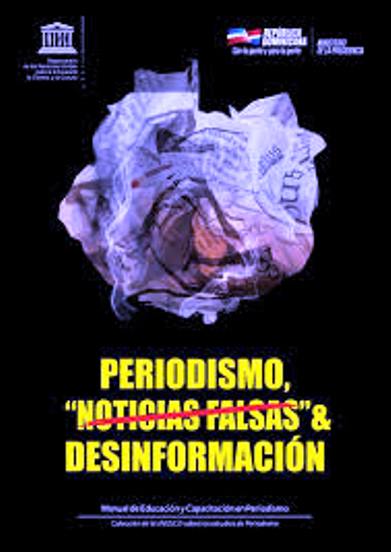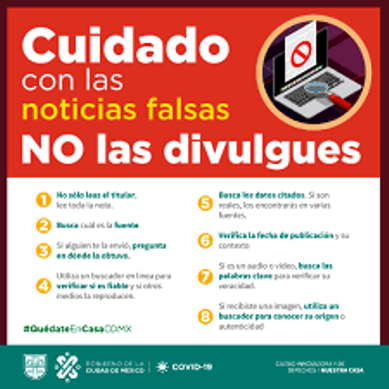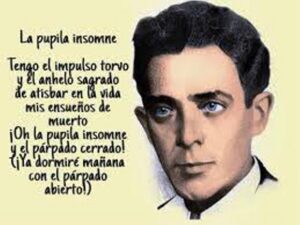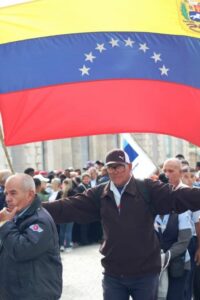Communication in times of crisis: Does Matanzas comply with the Social Communication Law?

In the midst of the energy crisis, it is urgent to revive alternative means such as: cars with loudspeakers in communities, informational posters in key locations, and strengthening the active role of delegates and mass organizations in the People’s Councils to convey clear messages by word of mouth.


In Cuba, the Social Communication Law establishes the foundations for ensuring accurate and timely information for the population, especially in critical contexts. Chapter Seven of this law, dedicated to Communication in Times of Crisis, is more relevant than ever. But is it actually being applied in Matanzas? The law guides the creation of institutional profiles or pages in key sectors. I believe that to centralize useful and daily information, a page should be created at the territorial level to which all agencies contribute. However, in our province, these tools are conspicuously absent or insufficient. Many official profiles are filled with meetings and slogans, but they do not respond to the daily needs of the people.

For example: there are electrical circuits without power for more than 24 hours and areas without water for long periods of time, and no precise or clarifying response is offered; it seems that this must be deduced. When information is lacking, toxic rumors and distorted versions are born. And the problem is not only digital: in the midst of the energy crisis, it is urgent to revive alternative media such as: cars with loudspeakers in communities; informational posters in key locations; and strengthening the active role of delegates and mass organizations in the People’s Councils, to convey clear messages by word of mouth. The law exists, but it requires action and creativity. Matanzas deserves communication that not only informs, but also guides and reassures.
Written by Enrique Tirse.




